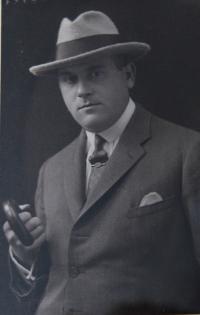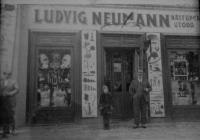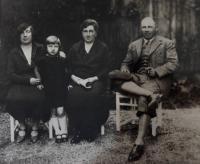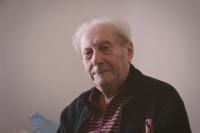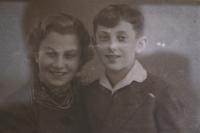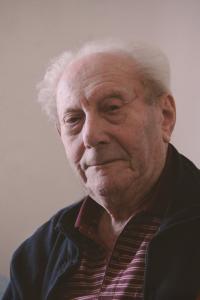I have survived the death march to Mauthausen

Stáhnout obrázek
Tibor Ehrenfeld was born on September 18, 1927 in Košice. He spent his childhood in Rožňava, where his father owned a hardware store. After the outbreak of the Second World War and a beginning of the anti-Jewish persecutions in Hungary in 1944, his mother and grandfather were deported to Auschwitz. None of them survived. Tibor Ehrenfeld was along with his father transported to a labor camp in Hungary. However, they got separated and Tibor ended up at the German borders, from where in the end of winter 1945 he had to attend a death march to a concentration camp in Mauthausen. There he met his father again. They both managed to live until the camp´s liberation by the US Army. After the end of the war they both returned to Rožňava and reopened the hardware store. When the communists took over, their store was put under the state ownership, however, Tibor was allowed to work there as a salesman. After his father´s death he could even become a store´s manager. Later on he worked as an assistant driver at the local collective farm. Nowadays he is retired and lives in Bratislava´s Ohel David senior house.
